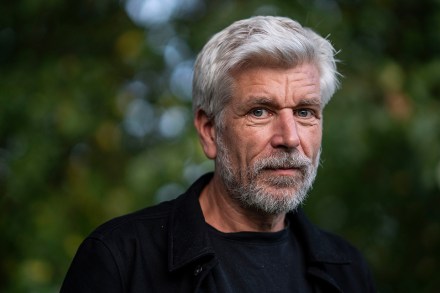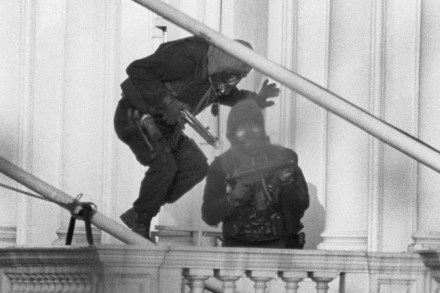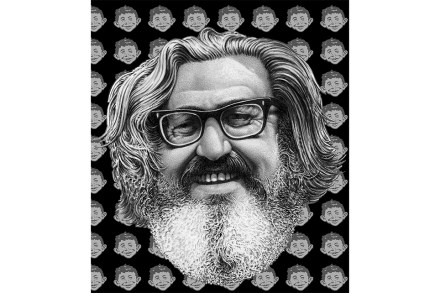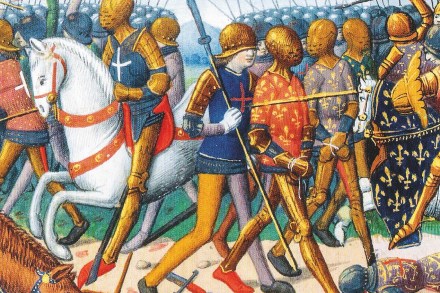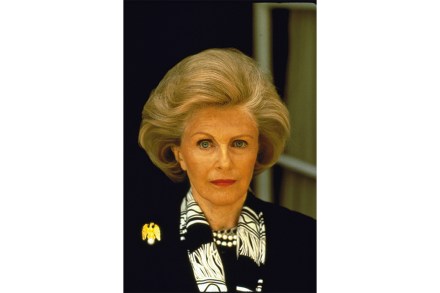A dark satanic cult: The Third Realm, by Karl Ove Knausgaard, reviewed
I finished reading the third volume of Karl Ove Knausgaard’s latest series – no longer a trilogy, perhaps a sextet – in three days. The Third Realm is as unsettling, disturbing and riveting as the previous instalments, and I was even disappointed that it came in at a mere 500 pages – considerably shorter than the others. But all three books are less dense than those in his celebrated My Struggle series. There is a lot of dialogue, and Knausgaard’s skill in capturing conversation makes his characters spring vividly from the page. Ordinary failings, such as insecurity, jealousy, duplicity, lust and irritation, are subtly conveyed through a surly comment, a
